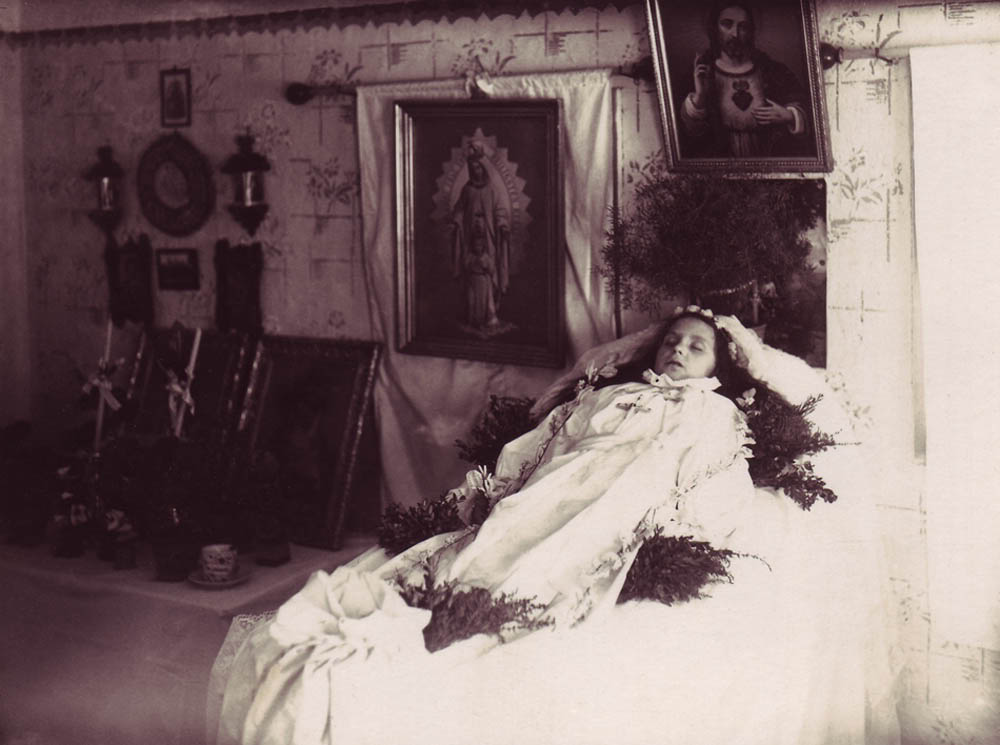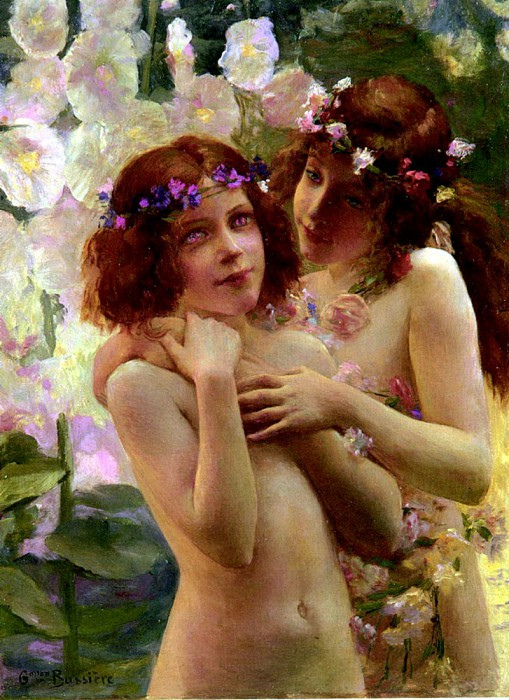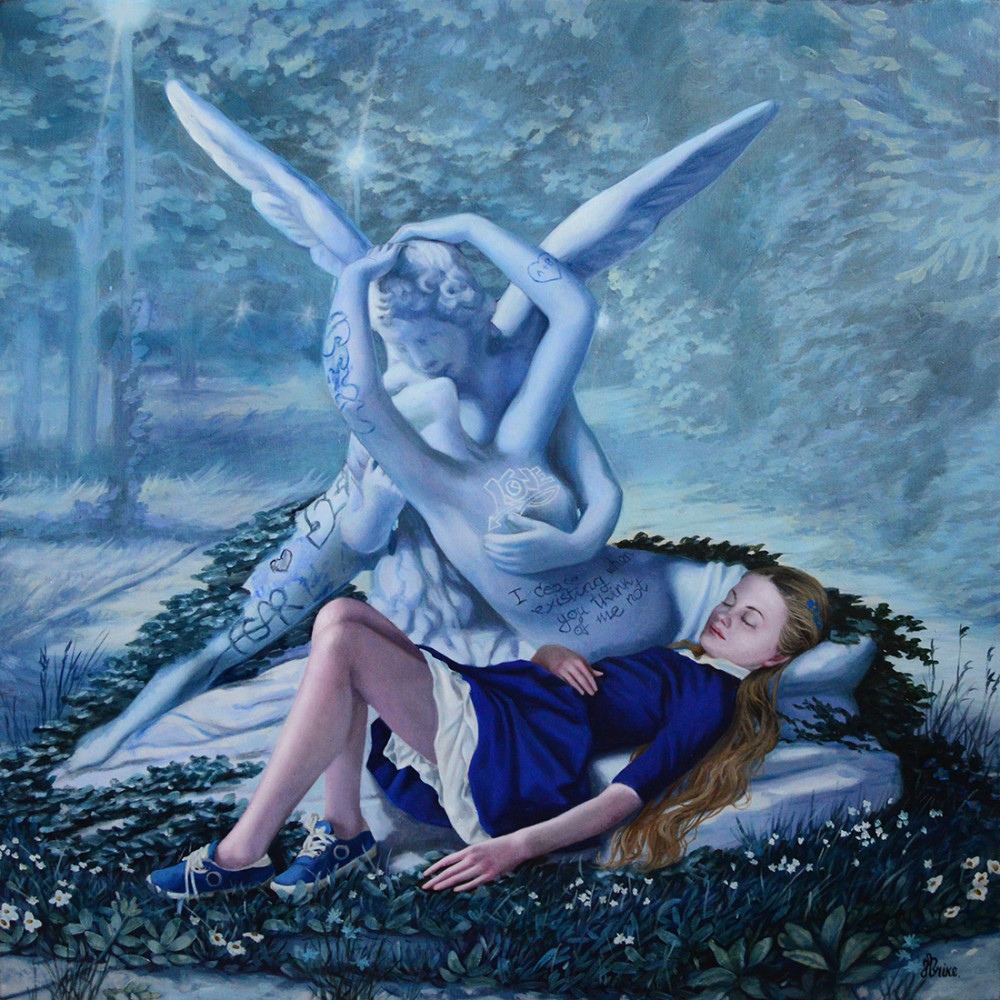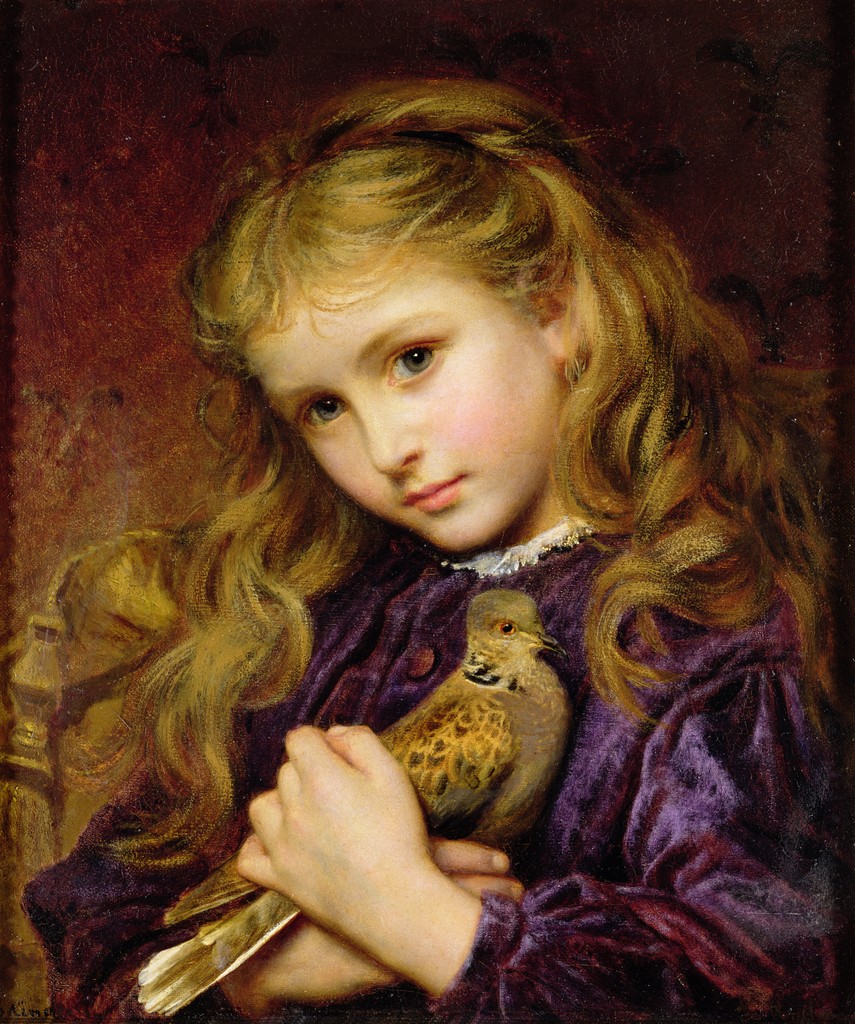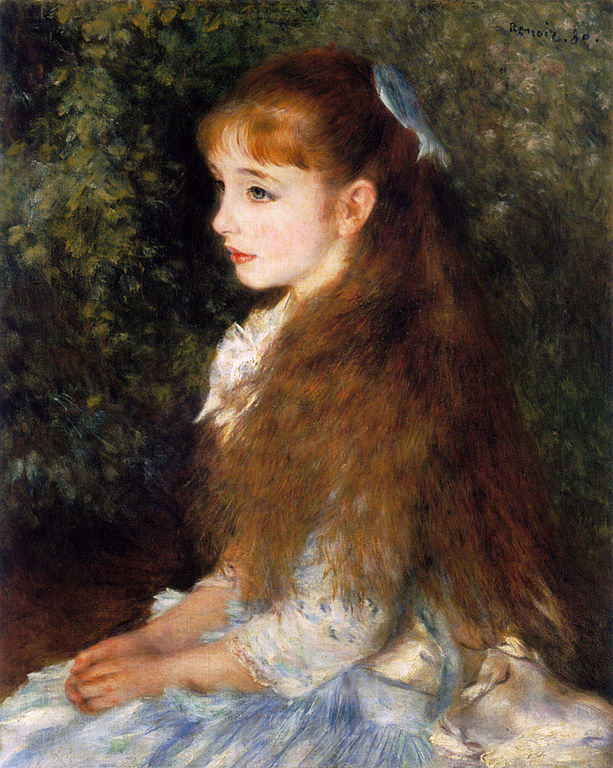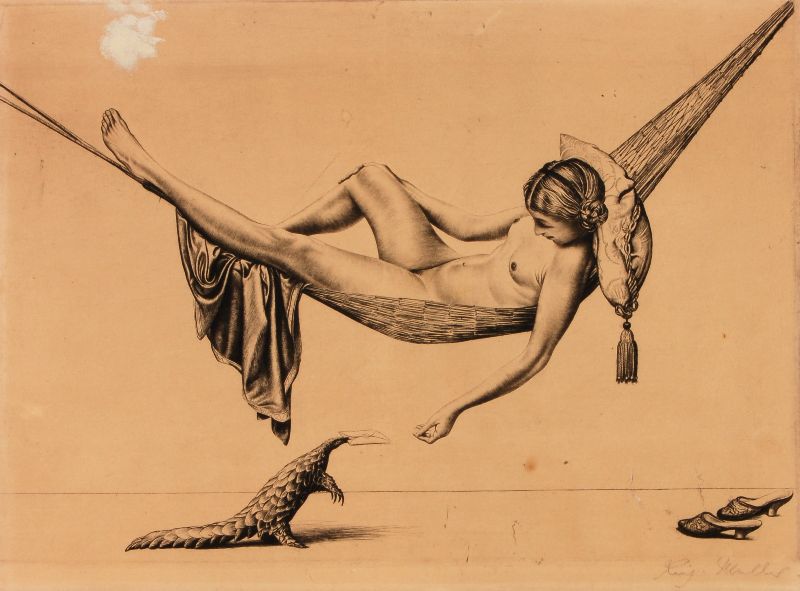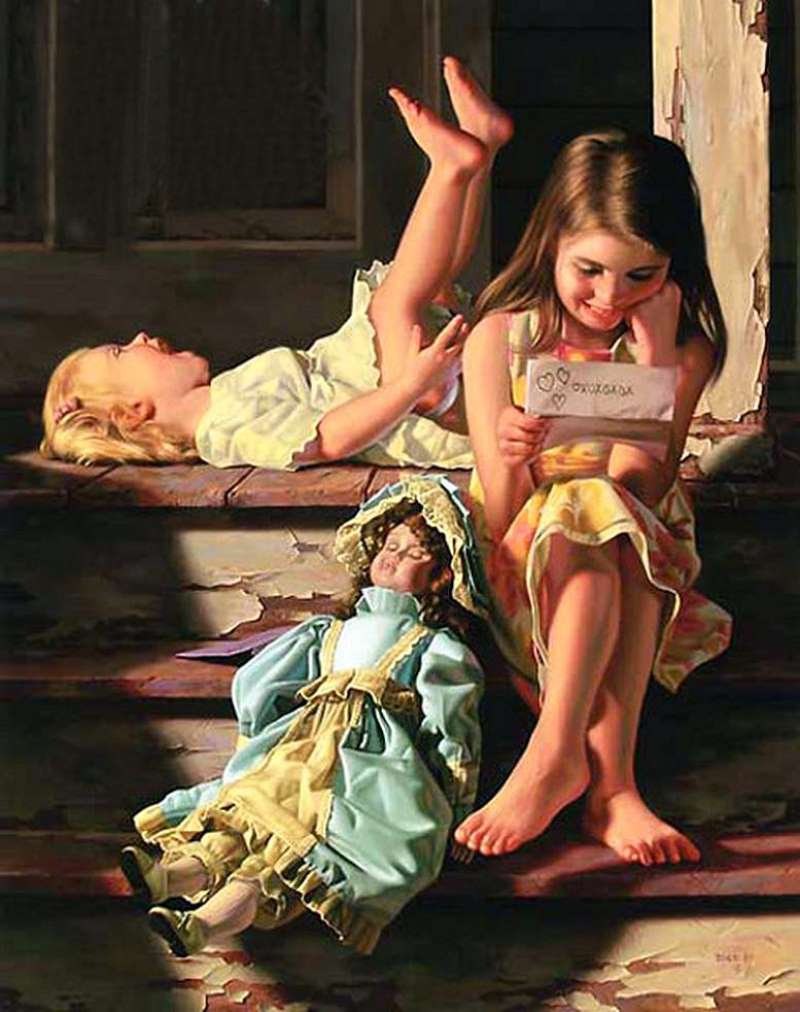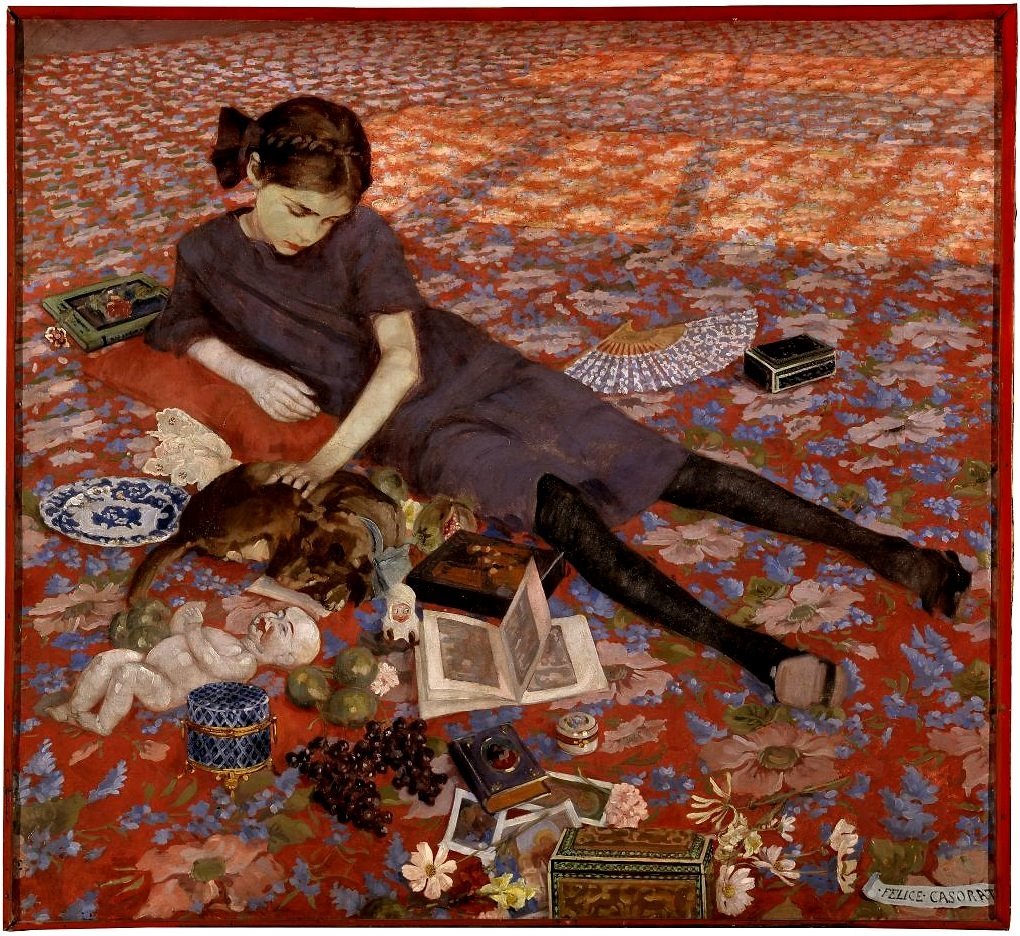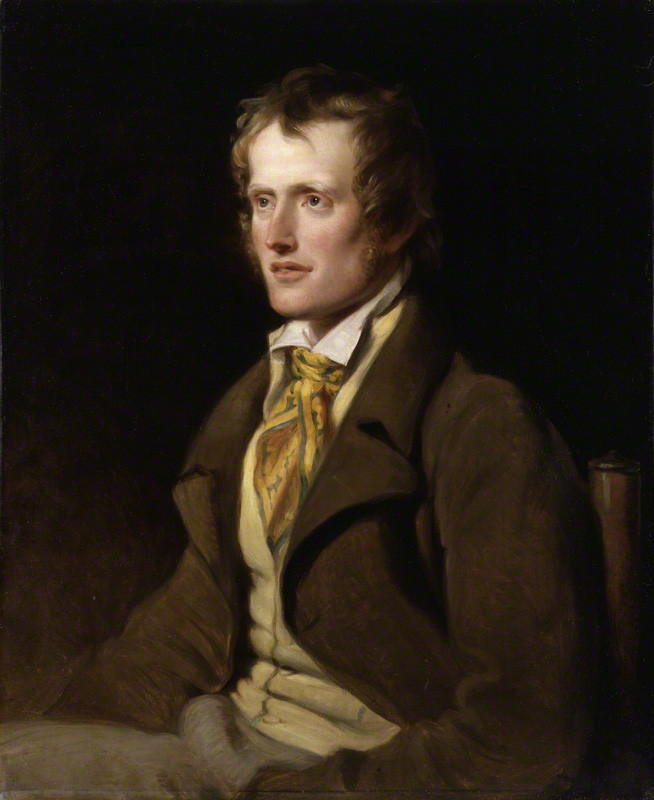In his lifetime, Ernest Dowson published two volumes of poetry, Verses in June 1896, and Decorations: in Verse and Prose in December 1899, two months before his death. Except the poems in prose at the end of Decorations, they were included in The Poems and Prose of Ernest Dowson, With a Memoir by Arthur Symons, available on the web as a Project Gutenberg Ebook, and they can also be seen on ELCore.Net, Website of E. L. Core.
The volume Verses is dedicated to Adelaide Foltinowicz, a Polish girl born in 1878, with whom Dowson was in love. Having had hopes for a common future, many poems have a light and happy side, contrasting with the dark ones at the end of Decorations, written in bitter disappointment after Adelaide’s marriage with another man. CONTINUE READING / CONTINUER LA LECTURE…
